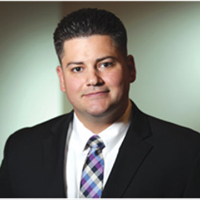Cream Ridge RICO Act Lawyer, New Jersey
Sponsored Law Firm
-
 x
x

Click For More Info:
-
Law Office of Mark S. Guralnick
55 Madison Avenue 4th Floor Morristown, NJ 07960» view mapCriminal Defense Law Dedicated. Fearless. Successful.
Mark S. Guralnick and his legal team have helped clients throughout the USA and across the world by applying unparalleled dedication and hard work to each case.
800-399-8371
Not enough matches for Cream Ridge RICO Act lawyer.
Below are all Cream Ridge Criminal lawyers.
Jason Scotto D'Aniello
✓ VERIFIEDJason Scotto D’Aniello received his Bachelors of Science degree, with honors, in International Relations and Diplomacy from Seton Hall University in... (more)
Robert G. Swan
✓ VERIFIEDRobert G. Swan is a former Assistant Prosecutor in Mercer County who now has a general law office that places emphasis on Criminal, Family, Divorce, B... (more)
FREE CONSULTATION
CONTACTEmily Gosnell
FREE CONSULTATION
CONTACT Mark Guralnick Morristown, NJ
Mark Guralnick Morristown, NJ AboutLaw Office of Mark S. Guralnick
AboutLaw Office of Mark S. Guralnick Practice AreasExpertise
Practice AreasExpertise


